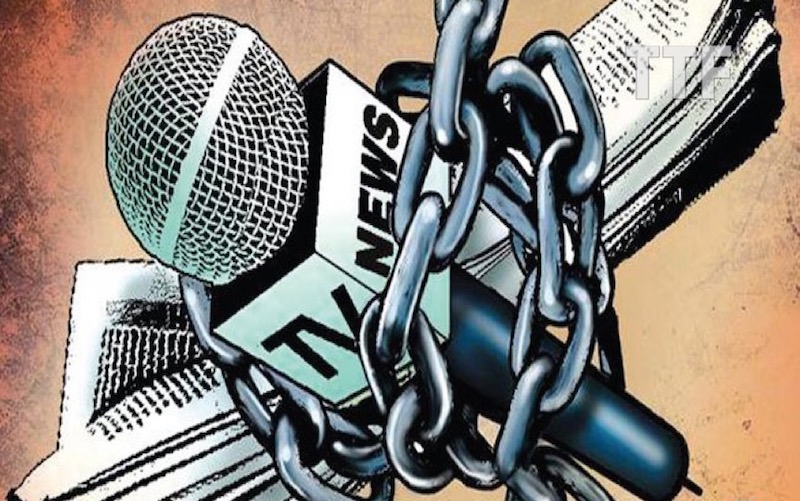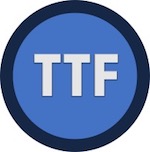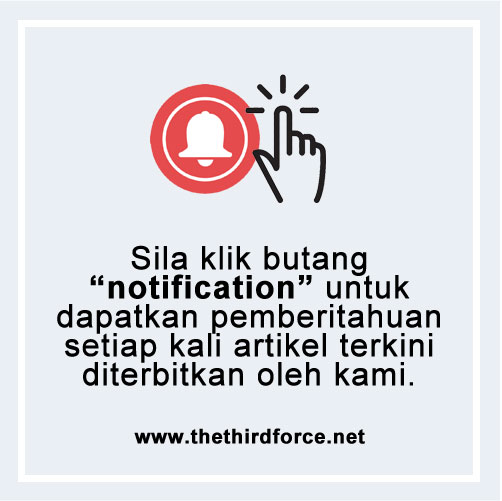
TTF: The Paris based Reporters Without Borders (RWB) claims to be a non-profit, non-governmental organisation conducting political advocacy on issues related to freedom of information and freedom of the press.
However, the organisation receives heavy funding from the George Soros owned Open Society Institute, the United States (US) government and the Republican controlled International Republican Institute (IRI) and is exceptionally close to the American Central Intelligence Agency (CIA).
For close to two decades, they funded and trained Bersih and Pakatan Harapan leaders in their undying bid to effect a regime change in Malaysia.
The US, and in particular, Soros, wanted to effect a remote form of control over the GoM by doing away with the Malay Rulers, liberalising the religion of Islam and putting in place puppet ministers.
Soros, the IRI and the NED channelled millions upon millions to third party groups and the Open Society Foundation (OSF) to part finance activities conducted by Bersih, the Malaysian Bar Council, NGOs, companies, and an intelligence unit stationed within an embassy in Kuala Lumpur through the extension of grants and research incentives.
That having been said, it is true that the Government of Malaysia has committed itself to the freedom of information online without resorting to internet censorship.
However, the mainstream media is most definitely less balanced as there are instances where the press is prevented from covering events organised by opposition leaning groups.
The GoM has also spoken about the legislation of new law to curb the misuse of social media.
While this is commendable, it is set to give the GoM unrestrained power to control messages and (or) comments appearing on the social media, simultaneously allowing it to unfairly shape online sensibilities and wisdom in its favour.
Not only must this be prevented, the GoM must legislate anti-fake news laws by setting up a committee comprising government and opposition lawmakers to formulate the constitutions of these laws without compromising the freedom of information.
Mahathir and Lim Kit Siang must also keep to their pre-election promise of granting everyone the right to know everything the GoM does by doing away with the Official Secrets Act 1972.
KUALA LUMPUR: Malaysia has moved up 22 places to 123rd among 180 countries, in the World Press Freedom Index.
The country has lowered its global score by 10.67 points this year in the list compiled by Paris-based independent non-governmental organisation Reporters Sans Frontieres or Reporters Without Borders (RSF).
A higher score reflects deteriorating press and media freedom.
Malaysia is also at the top among Southeast Asian nations, followed by Indonesia at 124th, with the Philippines and Thailand at 134th and 136th places, respectively.
Myanmar is in the 138th place, followed by Cambodia at 143, Singapore (151), Brunei (152), Laos (171) and Vietnam (176).
According to the RSF, press freedom in Malaysia received a “breath of fresh air” following the fall of former prime minister Datuk Seri Najib Razak and Barisan Nasional regime in the 14th General Election on May 9 last year.
“Journalists and media outlets that had been blacklisted, such as cartoonist Zunar (Zulkiflee SM Anwar Ulhaque) and the Sarawak Report investigative news website, have been able to resume working without fear of harassment.
“The general environment for journalists is much more relaxed, self-censorship has declined dramatically and the print media are now offering a fuller and more balanced range of viewpoints, including support for the new ruling coalition led by Prime Minister Tun Dr Mahathir Mohamad, and support for the old ruling coalition, now in opposition.”
RSF said Dr Mahathir had kept his promise to repeal the Orwellian provisions of the anti-fake news law adopted by the previous government.
However, it added that the authorities still had draconian laws with which to suppress media freedom. The laws included Sedition Act 1948, the Official Secrets Act 1972 and the Communications and Multimedia Act 1998.
“Under these laws, which need a complete overhaul, the authorities have strict control over publication licences, and journalists can be sentenced to 20 years in prison on sedition charges.
“These laws pose a constant threat to media personnel, who still cannot express themselves with complete freedom, despite all the progress.”
Published annually since 2002, the index is compiled based on the degree of freedom available to journalists in 180 countries, and that it is determined by pooling the responses of experts to a questionnaire by RSF.
The questionnaire focuses on the country’s performance in regards to pluralism, media independence and respect for the safety and freedom of journalists.
Adapted from:




